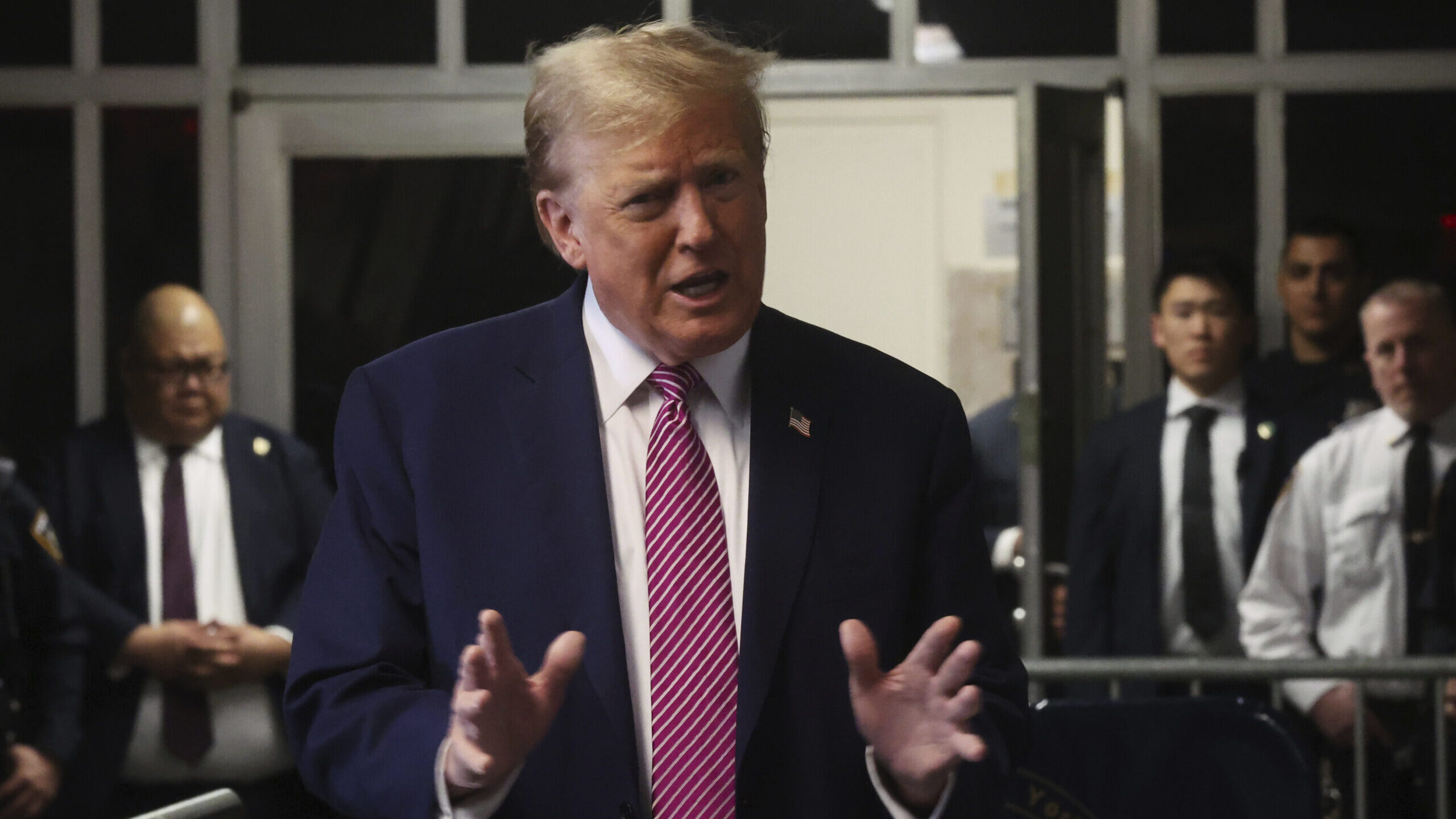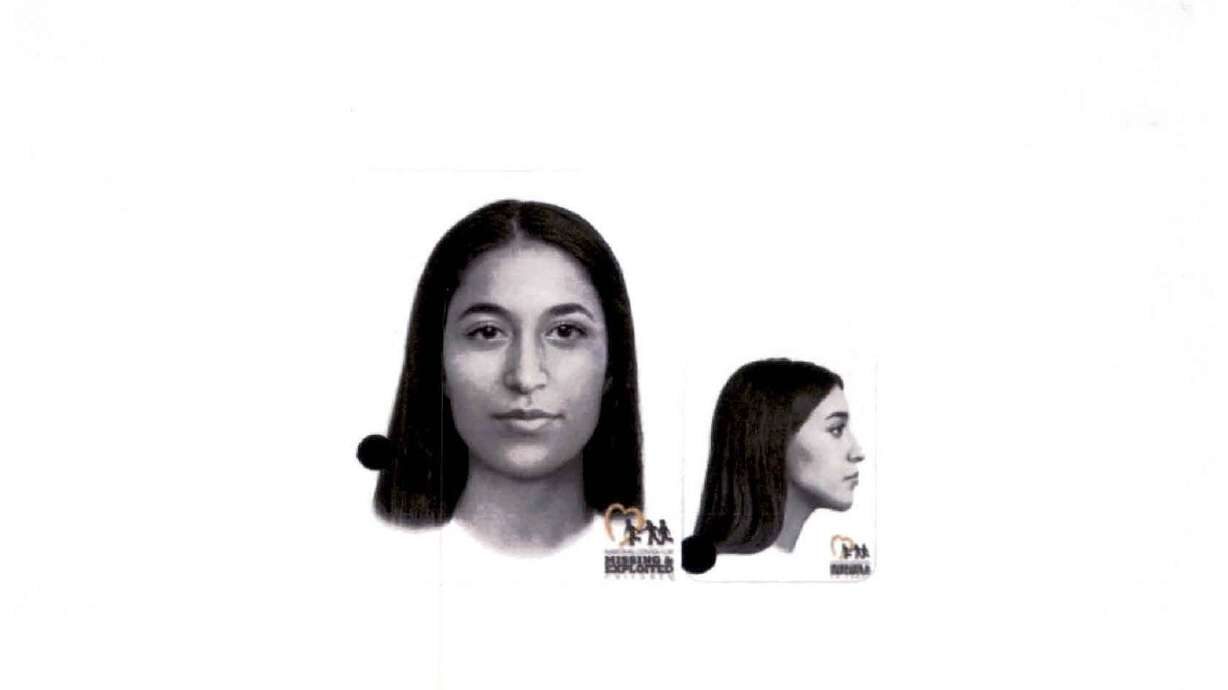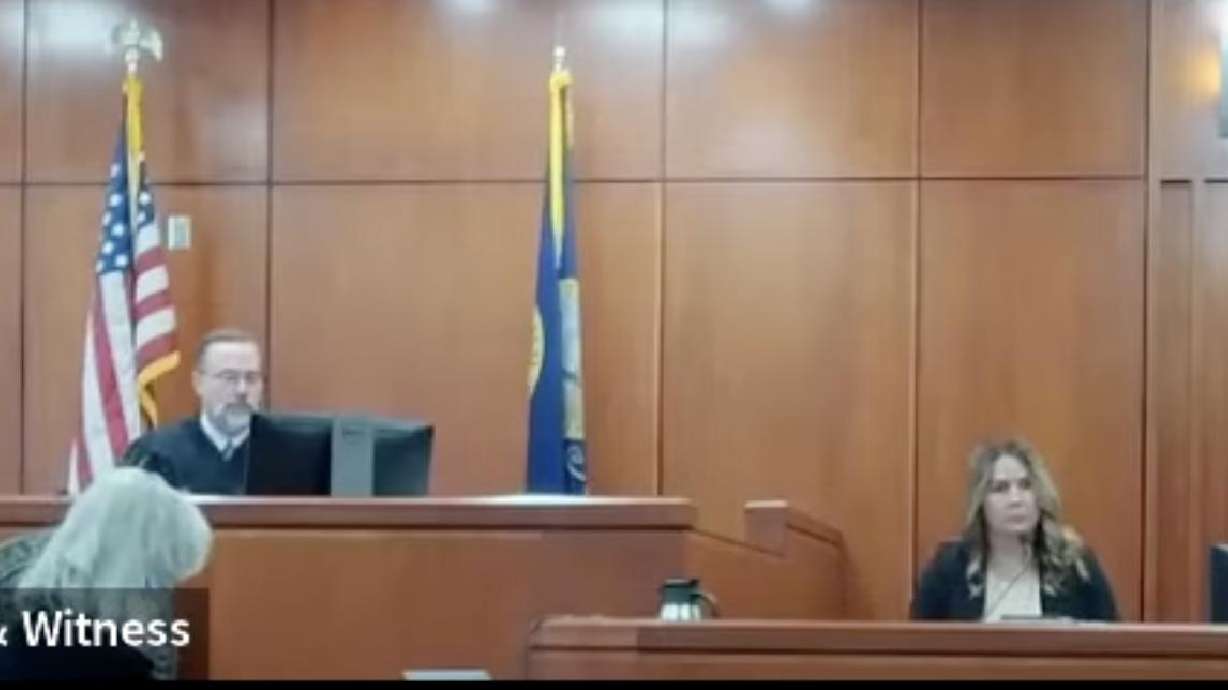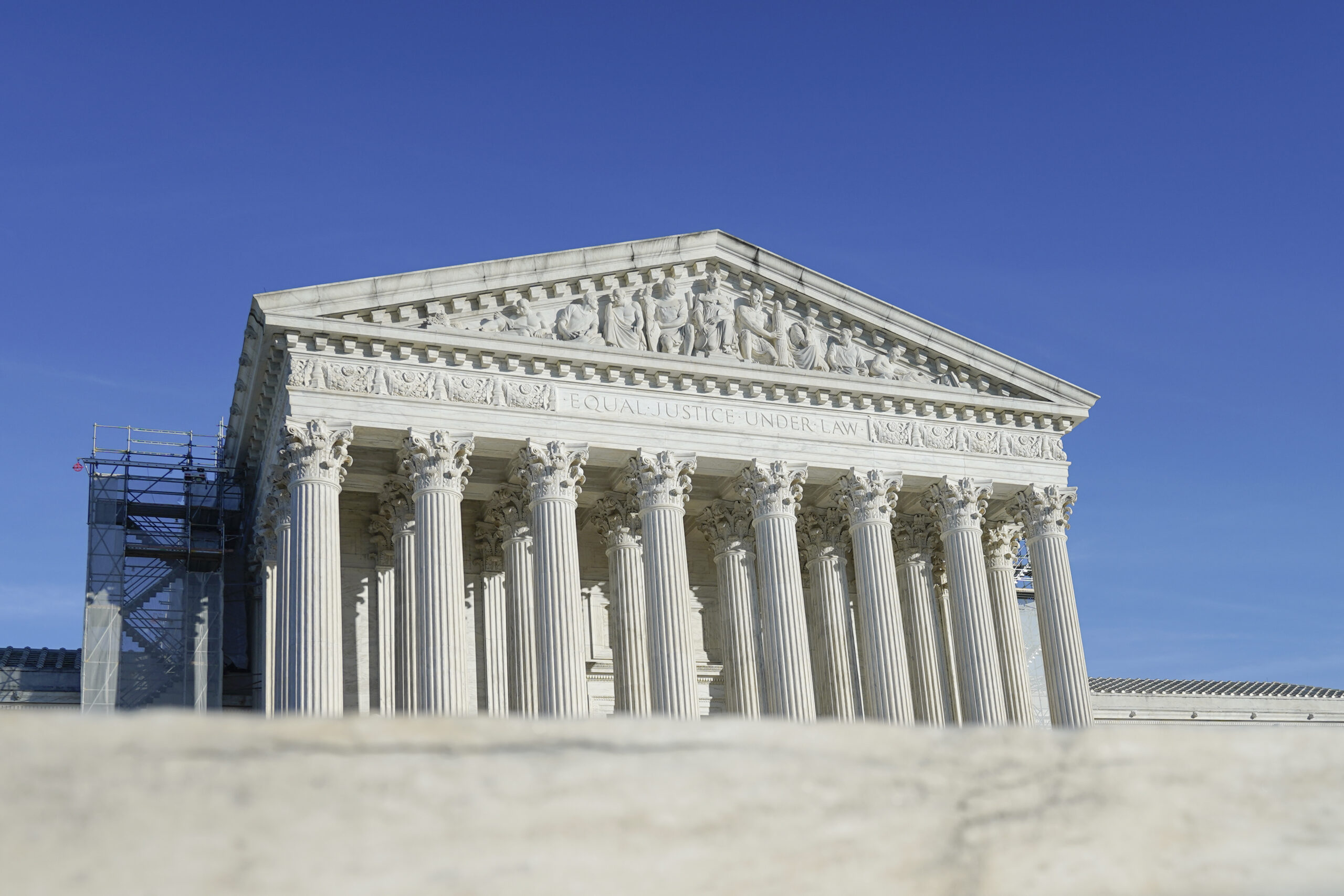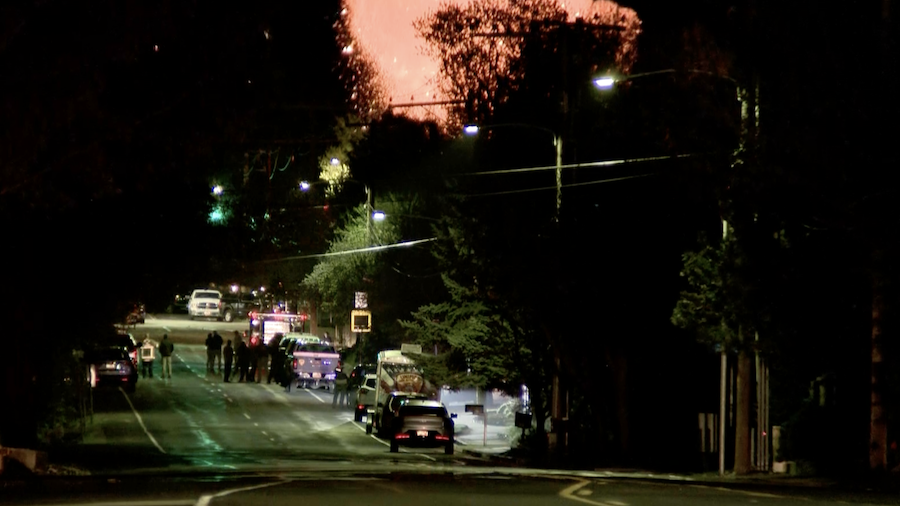Should the public be barred from access to police statements on officer-involved shootings? Both sides weigh in
Feb 23, 2022, 5:36 PM | Updated: Dec 30, 2022, 11:21 am

A votive candle and flowers are left for a teen who was fatally shot at a department store in the North Hollywood section of Los Angeles on Saturday, Dec. 25, 2021. The coroner's office has identified the 14-year-old girl who was fatally shot by Los Angeles police the day before, when officers fired on an assault suspect and a bullet went through the wall and struck the girl as she was in a clothing store dressing room. (AP Photo/Richard Vogel)
(AP Photo/Richard Vogel)
SALT LAKE CITY — Should police who are being investigated for incidents like officer-involved shootings be protected from making statements that could be used against them criminally? A former Salt Lake City police chief and a law-enforcement advocate share their views.
Why we’re talking about this
This is coming up because of a bill being proposed on Utah’s Capitol Hill. House Bill 399 modifies the list of records that may be classified as protected to include an employee statement given as part of a governmental entity’s investigation into possible wrongdoing, under certain circumstances.
HB399 passed a House committee Friday and now moves forward for consideration by the full House. If the bill becomes law, it would protect Garrity statements from public records requests. Garrity Rights protect public employees from being compelled to incriminate themselves in interviews conducted by their employers during investigations.
The Fifth Amendment to the United States Constitution declares that the government cannot compel a person to be a witness against themselves, AKA self-incrimination.
Former Salt Lake Police Chief Chris Burbank opposes the bill. But Ian Adams, the executive director of the Utah Fraternal Order of Police, supports the bill. They both spoke to KSL NewsRadio’s Dave Noriega and Debbie Dujanovic about the bill and its implications.
Why a former police officer is against the bill
“An officer can say whatever they want in a police report or in any given statement,” Burbank said. “[Then] say something completely different in Garrity, and we’re never going to have access to what they say in Garrity. [Police Officer Standards and Training] is not going to take their certification away.”
“So it sounds like you don’t like House Bill 399 in terms of public access being denied,” Dujanovic said.
Should Garrity statements of officer-involved shootings be protected records? Utah bill advances
“We face a crisis of legitimacy and trust with policing in America today. Why would we ever want to conceal information? And again, this is not designed to protect those statements from public access. It’s designed to prevent prosecution,” Burbank said.
Burbank said a case involving deadly force by a police officer is now stalled because the Utah police department involved has withheld information needed by the prosecutor to move forward with the case.
“There is a case currently that exists in this valley in which an officer gave a public statement that is vastly different than what he said under a Garrity investigation or Garrity questioning,” Burbank said. “And the police department has held that information from the public, from the prosecutor so the prosecutor declined to prosecute a case involving deadly force because he did not know the facts.”
For the bill
Adams said HB399 is not a policing bill, adding the legislation was brought forth by the Utah League of Cities and Towns.
“Police officers are just one category of public servants that are affected by [HB399]. And it’s certainly been the focal point of the [news] media,” Adams said.
“What’s the downside or the plus of keeping some of these records difficult or inaccessible?” Noriega asked.
“When the government is your employer, . . . [it] has a duty to manage its workforce and at the same time, protect the constitutional rights of its employees because those employees still have every constitutional right,” Adams said. “They don’t check those rights at the door. What [HB399] doesn’t do is it doesn’t shut down public access to the actual Internal Affairs findings. If there’s misconduct that’s found, that’s still publicly accessible information . . . it wouldn’t be affected by this bill,” he said.
“Would cops, frankly, just stop cooperating if they fear that whatever they said would end up on the front page of the paper?” Noriega asked.
“My sense is that without this bill . . . [police agencies] will constrain these interviews to the point where they’re very frankly pretty useless. I think that’s the response that’s likely to occur,” Adams said.
What are Garrity Rights?
In 1961, the New Jersey attorney general began investigating allegations that traffic tickets were being “fixed” in the townships of Bellmawr and Barrington. The investigation focused on Bellmawr police chief Edward Garrity and five other employees.
When questioned, each was warned that anything they said might be used against them in a criminal proceeding and that they could refuse to answer questions in order to avoid self-incrimination.
However, they were also told that if they refused to answer, they would be terminated. Rather than lose their jobs, they answered the investigators’ questions. Their statements were then used in their prosecutions – over their objections – and they were convicted.
Dave & Dujanovic can be heard weekdays from 9 a.m. to noon. on KSL NewsRadio. Users can find the show on the KSL NewsRadio website and app, as well as Apple Podcasts and Google Play.


